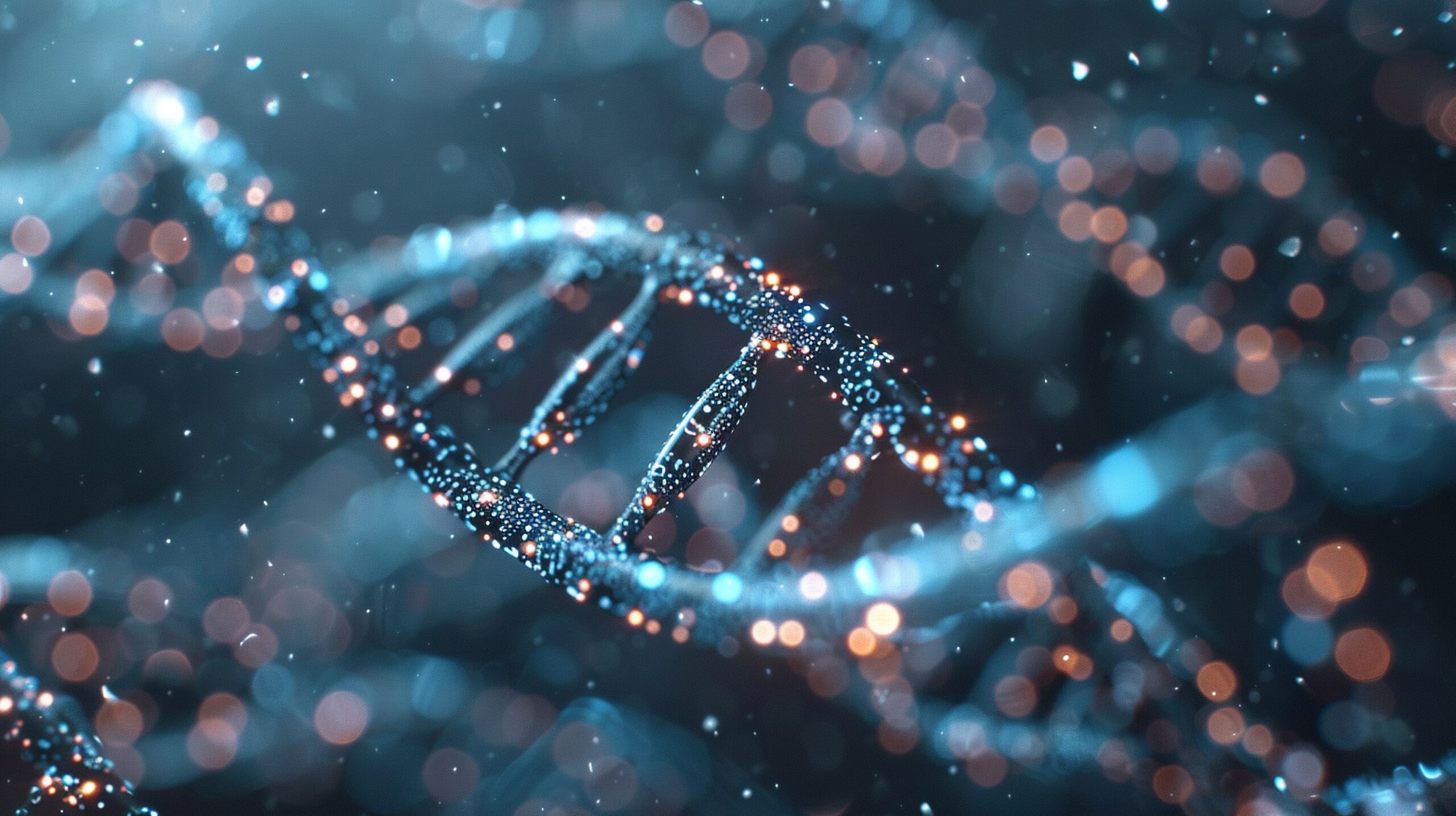Addiction is a complex, multifaceted phenomenon that touches the lives of millions of individuals and families around the world. It’s a topic that’s been dissected from every conceivable angle, yet one question remains persistently enigmatic: Is addiction genetic? The quest to understand the role of genetics in addiction is not just an academic endeavor—it’s a deeply personal journey for many, seeking answers that might shed light on their struggles or those of their loved ones.
The Genetic Thread in the Fabric of Addiction
Recent advances in genetic research have illuminated some of the dark corridors where our understanding of addiction used to stumble. While it’s clear that no single “addiction gene” dictates one’s susceptibility to addiction, evidence suggests that genetics can play a significant role in predisposing individuals to substance use disorders.
The Evidence from Twin and Family Studies
Twin and family studies have been instrumental in unraveling the genetic components of addiction. These studies compare the rates of addiction in identical twins (who share 100% of their genes) with fraternal twins (who share about 50% of their genes). If genetics were not a factor, we would expect the rates of addiction to be roughly the same in both sets of twins. However, the research consistently shows higher concordance rates for substance use disorders among identical twins compared to fraternal twins, highlighting a genetic influence.
The Genetic Factors at Play
It’s estimated that genetics account for approximately 40-60% of the risk for addiction. This genetic influence doesn’t come from a single gene but from a complex interplay of many genes. For instance, variations in genes related to the function of neurotransmitters like dopamine and serotonin can affect an individual’s reward sensitivity and stress response, making them more or less susceptible to the allure of addictive substances.
- Neurotransmitters and Addiction. Neurotransmitters are chemical messengers in the brain that transmit signals across synapses from one neuron to another. They play critical roles in everything from motor function to mood regulation and reward processing. Two neurotransmitters, dopamine, and serotonin, are particularly relevant in the context of addiction.
- Dopamine. When you experience something pleasurable, such as eating your favorite food or achieving a goal, your brain releases dopamine. This release reinforces behaviors beneficial for survival and reproduction by making them feel enjoyable. In the context of substance use, addictive substances can hijack this natural reward system, leading to the excessive release of dopamine. This creates a cycle of reinforcement where the use of the substance becomes highly rewarding and, therefore, more likely to be repeated, potentially leading to addiction.
- Serotonin. Serotonin is another neurotransmitter that plays a crucial role in mood regulation, emotional state, and feelings of well-being. Imbalances in serotonin levels have been linked to depression, anxiety, and other mood disorders. Some substances that people become addicted to can temporarily increase serotonin levels, providing a temporary sense of relief from negative emotional states. However, this can also lead to dependence on the substance to maintain feelings of normalcy or happiness.
- Variations in Dopamine Receptors. Some individuals may have genetic variations that result in less sensitive or abundant dopamine receptors. This could mean that the natural rewards of everyday activities are less satisfying, potentially making the heightened dopamine release from substance use more appealing and making those individuals more prone to addictive behaviors.
- Variations Affecting Serotonin Levels. Genetic differences can affect the serotonin system. What does this mean? People with certain variations may be more prone to mood disorders and may turn to substance use as a form of self-medication.
Beyond Genetics: The Role of Environment
While genetics provide some of the raw materials for addiction, the environment in which an individual lives can significantly shape the outcome. Factors such as early exposure to drugs or alcohol, stress, trauma, and the availability of social support can profoundly influence whether a genetically predisposed individual will go on to develop an addiction. This interaction between genes and environment underscores the complexity of addiction and challenges any simplistic explanations of its causes.
The Dynamic Interplay: Epigenetics
Epigenetics, a field of study examining how environmental factors can affect gene expression without altering the DNA sequence, offers valuable insights into the genetic-environmental nexus in addiction. Imagine your DNA as a library full of books with instructions on how your body works. Epigenetics is like adding sticky notes and markings to these books. These notes highlight or hide particular instructions without changing the words, influencing how your body reads your DNA.
In terms of addiction, stressful or traumatic experiences can add notes that make your body more sensitive to substances, increasing susceptibility to addiction. This doesn’t change your DNA but affects how it’s expressed, showing the complex relationship between our genes and experiences in shaping addiction risk.
Navigating the Genetic Terrain of Addiction
Understanding the genetic underpinnings of addiction doesn’t mean resigning to fate. For individuals and families grappling with the shadow of addiction, this knowledge can empower them to seek tailored interventions and support systems that consider their unique genetic and environmental contexts. Genetic testing for addiction susceptibility is still in its infancy and is fraught with ethical, practical, and privacy concerns. However, as our understanding deepens, it may one day offer new pathways for prevention and treatment.
Whether addiction is genetic is not a yes-or-no query but an invitation to explore the nuanced ways in which our genes and environments intertwine to shape our behaviors and choices. As we continue to unravel this complex tapestry, it’s vital to approach the subject with compassion and an open mind, remembering that behind the statistics and scientific terms are real people fighting to reclaim their lives from the grip of addiction. Contact us today to learn more.


 Verify Insurance
Verify Insurance
 Toll Free Call
Toll Free Call